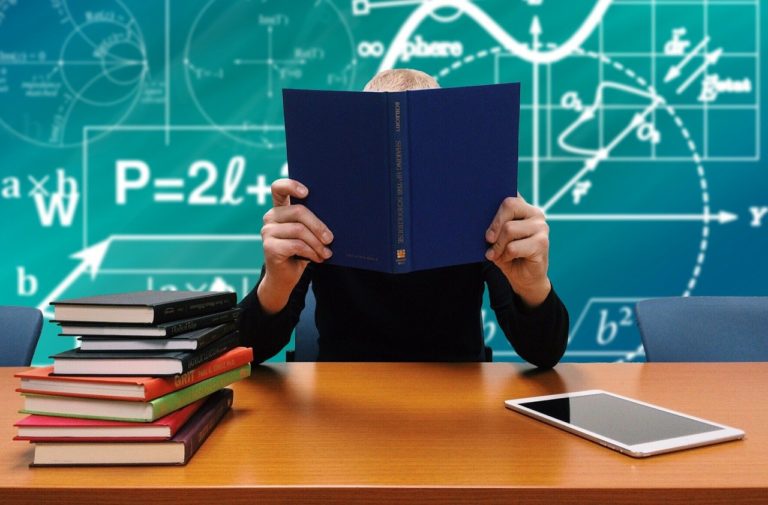Good theses are not only complex and time-consuming, they also come from the intellectual property of the author. Many students underestimate the importance of the unique item, which a thesis must be in accordance with mandatory requirements, and accordingly forego a plagiarism check.
One fact that students tend to ignore: Before a lecturer even takes a closer look at your thesis, he will first subvert it with the help of a special program of an examination. This determines whether your thesis is plagiarized. If the program finds reasonable doubts about the uniqueness, this can immediately lead to the failure of your thesis.
Although this procedure has been the norm at colleges and universities for years, many students still do not know exactly what to consider when writing a thesis. This article therefore clarifies the question “What is plagiarism anyway?” and also refers to the advantages and disadvantages of the exam.
What is plagiarism?
Plagiarism is the intellectual theft of someone else’s thoughts. This often happens when entire text passages are literally instead of analogously integrated into their own writing and not marked as quotations. In this way, the author illegally pretends to be the true author and disregards the scientific code of honor. There are also legal regulations that consistently punish the theft of intellectual property.
It is important to note that plagiarism can take various forms:
- verbatim transfer of text passages from another transcript,
- literal translation of text passages without references
- or adoption of foreign concepts or ideas without proper identification as such.
In order to avoid this, it is therefore advisable to subject your own thesis to a revision before submitting it. The use of a plagiarism check can help you to identify close connections to texts that have already been written and to optimize them in your thesis. With the help of special software for plagiarism checking, your text is compared with internet sources and public databases and internet sources and then checked for interfaces. In addition, the software recognizes whether you have correctly marked the sources used as such.
Reading tip: cite my blog
Advantages and disadvantages of a plagiarism check
A plagiarism check can give you a lot more besides a feeling of security benefits bring:
- With extensive theses, the vision is quickly lost. Software, on the other hand, always maintains an overview so that you can identify and adapt possible plagiarism cases in good time.
- A plagiarism check is not only farsighted, but also precise. She will recognize every stumbling block that you may have overlooked even after looking through it several times.
- If your work is declared plagiarism, this will unequivocally lead to a failure. The use of plagiarism software prevents this scenario.
- But plagiarism also has legal consequences. These range from a fine (usually around 20,000 euros) to the revocation of the doctorate to the loss of the job. However, after using a plagiarism checker, you no longer have to worry about such risks.
Of course, there is also a plagiarism check Disadvantages connected.
- Good and efficient plagiarism software is often associated with costs. These usually range between 30 and 60 euros.
- Free plagiarism checks, on the other hand, often do not allow the entire work to be uploaded or do not read out each sentence individually
- But data protection is not always given with the free version, while fee-based software usually takes this into account.
Conclusion
No question about it, the advantages of a plagiarism check clearly outweigh it. In addition, the consequences of spiritual theft are very painful. It is therefore worthwhile for you to carry out a plagiarism check of your thesis before submitting it. Also, if you are conflicted between a free or a paid service, it is important to understand the arguments in favor of using professional software. Make a connection to the importance of your thesis and then decide if you see any value in the investment.
[student] [fotolia]


